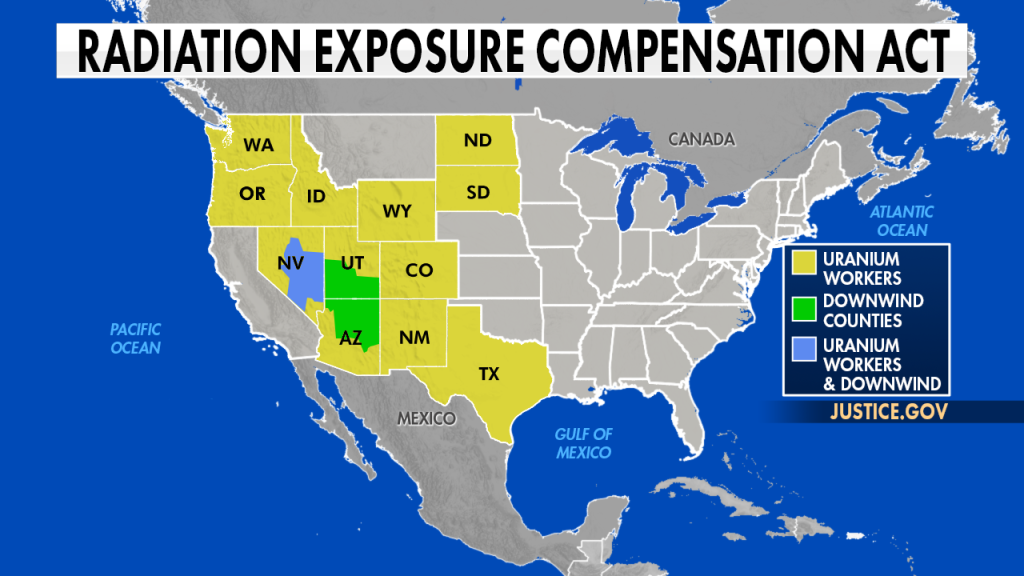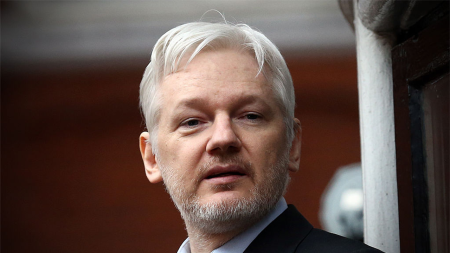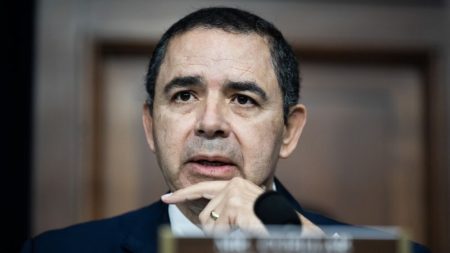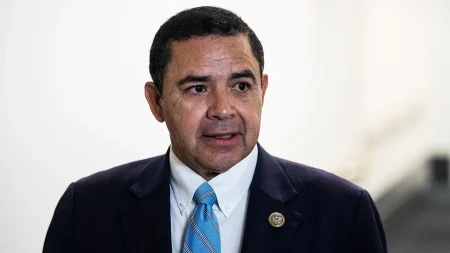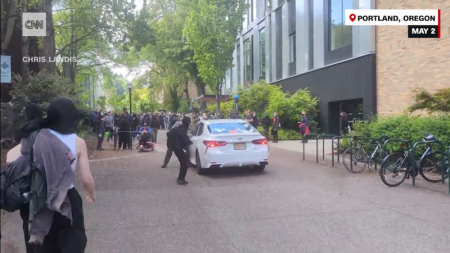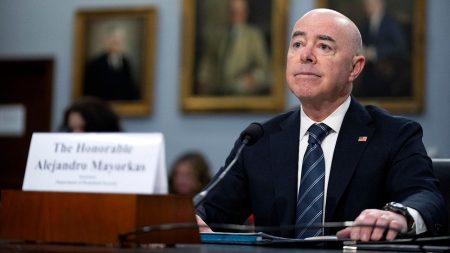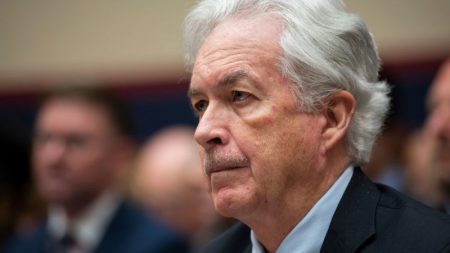The Radiation Exposure Compensation Act has been a crucial source of aid for individuals and families negatively impacted by exposure to toxins from nuclear weapons tests. The law, initially enacted in 1990 and set to expire this year, has provided compensation to those who developed certain cancers and illnesses due to involvement in developing the first atomic bomb. However, advocates argue that more individuals should be eligible for compensation, as many lab and refinery workers in various locations have been left out of the coverage. Senator Josh Hawley is working to extend and expand the payments to include individuals in places like Alaska, Kentucky, Tennessee, and Missouri who were exposed to nuclear radiation and have suffered health consequences as a result.
In St. Louis, workers who were exposed to Manhattan Project chemicals have experienced adverse health effects, with toxic waste not being property disposed of after the uranium processing facility shut down. Karen Nickel, the founder of Just Moms STL, a group working to raise awareness of toxic sites in the area, has experienced health issues, such as lupus and psoriatic arthritis, linked to radioactive waste in the North County of St. Louis. Missouri State Rep. Chantelle Nickson-Clark, a breast cancer survivor, has also faced health struggles and believes environmental exposure may have played a role in her illnesses. Radioactive chemicals were discovered in Coldwater Creek, further raising concerns about the health risks for residents in the area.
Residents like Karen Nickel and Dawn Chapman have worked to inform the community about the dangers of radioactive waste near their homes. Issues such as an ongoing underground fire near the West Lake Landfill have raised concerns about potential exposure to radioactive waste in the area. Residents and lawmakers have questioned why the cleanup of sites like the West Lake Landfill and Coldwater Creek has taken so long and called for compensation for those who have become sick as a result of living near these sites. The process of isolating the waste from the fire and minimizing human exposure has been ongoing, but concerns persist about the impact on the surrounding community and the need for further testing and cleanup efforts.
The urgency of addressing environmental hazards and providing compensation for those affected by exposure to nuclear radiation has been highlighted by the efforts of advocates like Senator Josh Hawley. The importance of recognizing the sacrifices made by working people in supporting the government’s nuclear program, as well as the resulting health consequences, has driven calls for expanded compensation and support for affected individuals and families. The need for increased testing, cleanup efforts, and ongoing monitoring of toxic sites to protect public health and prevent future harm remains a priority for communities like St. Louis facing the legacy of past nuclear activities and environmental contamination.





